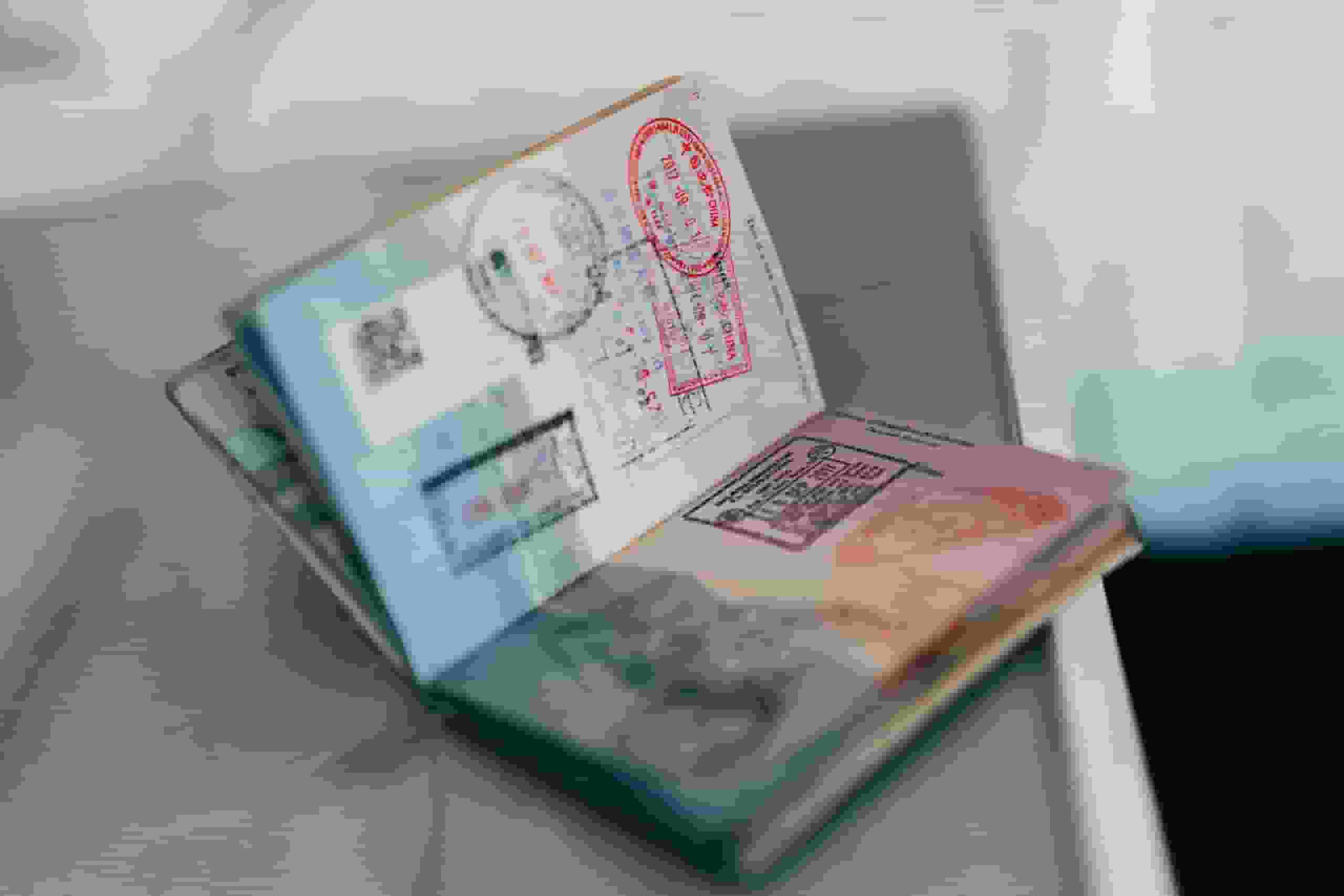
China banned the issuance of short-term visas to South Korea and Japan on Tuesday, after warning that it will respond against nations requiring Chinese passengers to undergo negative Covid-19 testing.
The embassies in Tokyo and Seoul issued brief internet announcements regarding the bans.
China Bans Japan, South Korea
The Seoul notice, which was posted on the embassy’s WeChat account, stated that the ban would remain in effect until South Korea lifted its “discriminatory entrance restrictions” against China. The announcement included visas for tourism, business, and a few others.
The Chinese Foreign Ministry vowed actions last week against nations that announced increased criteria for virus testing for Chinese passengers. At least ten countries in Europe, North America, and Asia have recently declared a state of emergency in response to the rapid spread of a virus in China.
It was unclear why South Korea and Japan were singled out, and whether the prohibitions will be extended to other nations that require virus testing for Chinese travelers.
The embassy of China in Tokyo stated merely that visa issuing was paused. The announcements appeared to exclusively apply to new visa applications, with no mention of current visa holders.
The Foreign Ministry of South Korea stated in a statement that “Our government’s decision to increase anti-virus measures for Chinese passengers is based on scientific and objective evidence. We have presented the world community with information in an open manner, and we have engaged with the Chinese side beforehand.”
Earlier, a Japanese Foreign Ministry official stated that the imposition of restrictions would be regretful. The official spoke anonymously, as is customary.
The denial of visas to businesses from South Korea or Japan could postpone a hoped-for resurgence of commercial activity and potential new investment following China’s sudden removal of anti-virus regulations last month.
Although China sets identical testing criteria for all arrivals, foreign ministry spokesman Wang Wenbin told reporters on Tuesday that entry restrictions for Chinese tourists were discriminatory and China will take retaliatory action.
In its initial act of retaliation, the Chinese embassy in South Korea ceased issuing short-term visas to South Korean tourists. The Chinese embassy announced on its official WeChat account that it would alter its stance if South Korea lifted its discriminatory entry restrictions on China.
Later, the Chinese embassy in Japan made a similar announcement, stating that the mission and its consulates had ceased providing visas as of Tuesday. The statement from the embassy did not indicate when they would restart.
The move occurred shortly after Japan tightened COVID-19 regulations for travelers arriving directly from China, mandating a negative PCR test result taken less than 72 hours prior to departure, as well as a negative test upon arrival in Japan.
Read more: California Earned Income Tax Credit 2023: How to qualify and how much money is available?
Rising COVID-19 Cases

With the release of the virus, China has ceased providing daily infection counts. Since the policy reversal, it has reported five or fewer deaths per day, figures that have been contested by the World Health Organization and are incongruous with funeral companies’ reports of rising demand.
As international experts forecast at least 1 million deaths in China this year, some nations have voiced worries over Beijing’s data transparency. Washington has also expressed alarm regarding possible future alterations of the virus.
China dismisses criticism over its data as politically-motivated attempts to tarnish its “success” in combating the pandemic and asserts that any future mutations are expected to be more contagious but less life-threatening.
Read more: North Korea leader Kim Jong Un vows to expand the country’s nuclear abilities

